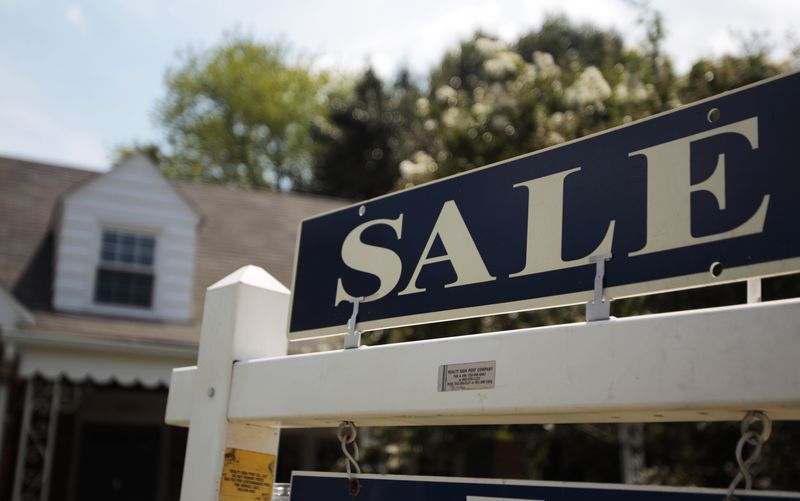By Jonathan Stempel
(Reuters) -New Jersey's OceanFirst Bank will pay $15.1 million, including at least $14 million to fund a loan subsidy fund, to settle a U.S. Department of Justice lawsuit accusing it of illegal redlining in the central part of the state.
A proposed settlement with the unit of OceanFirst Financial was filed on Wednesday in federal court in Trenton, New Jersey, and requires a judge's approval.
The Justice Department said that between 2018 and 2022, OceanFirst discouraged borrowers from obtaining home loans and other services in majority-Black, Hispanic and Asian neighborhoods of Middlesex, Monmouth and Ocean counties, while serving the needs of borrowers in majority-white areas.
According to the government, these practices violated the federal Fair Housing Act and the Equal Credit Opportunity Act.
OceanFirst's five-year consent order also calls for the 122-year-old bank to improve compliance and training, and spend $1.1 million on education, credit counseling, foreclosure prevention, other loan services and advertising.
The settlement "will help to ensure that future generations of Americans inherit a legacy of home ownership that they have been too often denied," Attorney General Merrick Garland said in a statement. "Redlining is unlawful, it is harmful, and it is wrong."
OceanFirst, based in Red Bank, New Jersey, did not immediately respond to requests for additional comment.
The consent order said OceanFirst neither admitted nor denied wrongdoing, and believes it did not discriminate based on race, color and national origin.
OceanFirst nonetheless settled to avoid litigation and to instead provide "fair and equal access" to home loan services in the New Brunswick (NYSE:BC) lending region, according to the order.

The bank provides services throughout New Jersey, as well as in the New York, Philadelphia, Boston and Baltimore markets. It recently had 39 banking offices and $13.3 billion of assets.
OceanFirst's settlement is the 13th under the Biden administration's Combating Redlining Initiative, which was announced in October 2021 and targets illegal residential lending practices.
